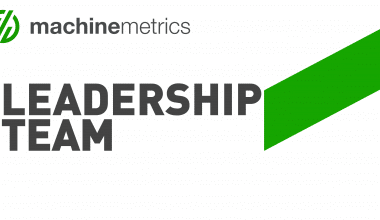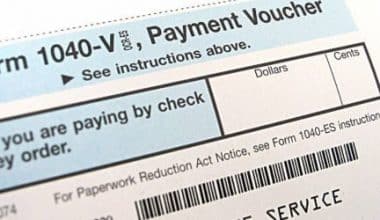Businesses strive to stay ahead of the competition by adopting effective online advertising strategies. Paid online advertising, also known as pay-per-click or PPC advertising, offers an incredible opportunity to reach a vast audience and drive targeted traffic to your website. In this blog post, we will explore some effective strategies put in place by a marketing agency London for maximizing the potential of your paid online advertising campaigns.
Define Clear Advertising Goals
Before diving into paid online advertising, it’s crucial to define your goals. Are you aiming to generate leads, increase sales, boost brand awareness, or promote a specific product/service? By clarifying your objectives, you can tailor your advertising campaigns accordingly and measure their success more effectively.
Conduct Thorough Keyword Research
Keywords are the foundation of successful PPC advertising campaigns. Start by conducting thorough keyword research to identify relevant terms and phrases that your target audience is likely to search for. Tools like Google Keyword Planner, SEMrush, or Ahrefs can help you uncover valuable keywords with high search volumes and low competition.
Craft Compelling Ad Copy
Your ad copy should be concise, compelling, and tailored to resonate with your target audience. Highlight the unique selling points of your product or service and incorporate strong call-to-action (CTA) phrases that encourage users to take the desired action. Split testing different variations of ad copy can help you identify the most effective messaging.
Optimize Landing Pages
Driving traffic to your website is just the first step. To maximize the effectiveness of your PPC campaigns, ensure that your landing pages are optimized for conversions. Keep them visually appealing, mobile-friendly, and aligned with the messaging in your ads. Clear and prominent CTAs will guide visitors towards the desired action, whether it’s making a purchase, signing up for a newsletter, or filling out a form.
Utilize Ad Extensions
Ad extensions provide additional information and opportunities for users to engage with your ads. Extensions like site links, call extensions, location extensions, and review extensions can enhance the visibility and credibility of your ads, increasing the chances of attracting clicks and conversions. Experiment with different ad extensions to find the ones that work best for your business.
Employ Geo-Targeting
Geo-targeting allows you to narrow down your audience based on their geographic location. This strategy is particularly effective for businesses with physical stores or those targeting specific regions. By targeting your ads to the right locations, you can increase relevance, improve ad performance, and make the most of your advertising budget.
Monitor and Optimize
Paid online advertising is not a set-it-and-forget-it strategy. Continuously monitor your campaigns to track their performance and identify areas for improvement. Pay attention to key metrics like click-through rates (CTRs), conversion rates, and return on ad spend (ROAS). A/B testing different elements, such as ad copy, keywords, and landing pages, can help you optimize your campaigns for better results.
Paid online advertising offers a powerful tool for businesses to increase their online visibility, attract targeted traffic, and drive conversions. By implementing the strategies outlined in this blog post – from defining clear goals to conducting keyword research, crafting compelling ad copy, optimizing landing pages, utilizing ad extensions, employing geo-targeting, and monitoring and optimizing your campaigns – you can unlock the full potential of paid online advertising and achieve your marketing objectives. Stay agile, adapt to changes, and continuously refine your approach to ensure long-term success in the dynamic world of digital marketing.






